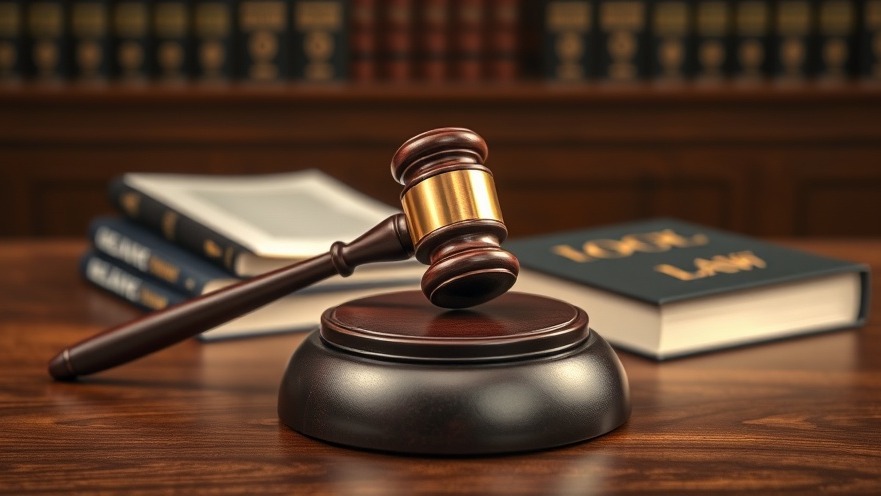
Why Conservative Judges Are Staying Put
In a landscape shaped by political winds, the judiciary has increasingly become a crucial battleground for ideological battles. Judges, especially those appointed during the Trump administration, are taking a cautious stance when it comes to retirement. An analysis reveals that many conservative judges are opting to remain in their positions for the foreseeable future. This trend is partially fueled by fears of a potential shift in the court's ideological balance should a Democrat occupy the Oval Office. The stakes are undeniably high, and each judge's decision weighs heavily with implications for future rulings.
The Historical Context: Judicial Decisions in Political Times
Historically, judges have chosen to remain in their posts during politically charged times. For instance, judges from both sides of the aisle have often held onto their seats when their respective parties are out of power, a strategy designed to preserve their legacy and influence. The retiring patterns of judges reflect a mix of personal circumstances and broader political calculations, making the current scenario particularly fascinating.
Potential Consequences: What This Means for the Judiciary
With conservative judges holding their ground, there are significant implications for future legal interpretations of crucial issues, ranging from abortion rights to environmental regulations. The longer these judges stay in power, the more entrenched their perspectives may become within the legal framework. This raises essential questions about how future cases will be handled, especially those that challenge established norms or push against conservative agendas.
Future Trends: What Lies Ahead for the Judiciary?
Looking forward, the question looms: how long can this trend continue? As more people enter retirement age, the pipeline for new judicial appointments may begin to change. Younger, potentially more progressive judges could influence the courts substantially if they are appointed by a Democrat. The possible consequence? A judicial landscape that could shift dramatically over the next decade.
A Broadening Perspective: Debating the Merit of a Conservative Bench
While many praise the conservative bench for sticking to constitutionalist views, others critique this decision as a hindrance to progress. Those in favor of a more diverse judicial bench argue that it could foster more dynamic decision-making processes, reflecting a wider range of societal viewpoints. This discourse not only highlights the ongoing ideological divides but also emphasizes the role that individual judges play in this broader discussion.
Personal Reflections: The Emotional Toll on Judges
Behind the robes, judges are human beings with fears and aspirations, navigating the complexities of their roles in society. The decisions they make and the tenure they choose can define careers and reflect their values. This dynamic personal landscape contributes to the choices that judges make about their futures on the bench.
Taking Action: Engaging in the Judicial Process
Understanding these trends is vital for citizens curious about the judicial system's impact on their lives. Engaging with local verdicts and attending community meetings can empower individuals to express their views and understand their rights. This grassroots involvement can drive meaningful discussions on judicial influences, further connecting the community to the significant decisions made in courtrooms.
It is crucial for citizens to be informed and involved in the judicial process as it evolves. Stay updated, engage with your local representatives, and make your voice heard in discussions surrounding legal changes that affect your community.
 Add Row
Add Row  Add
Add 




Write A Comment